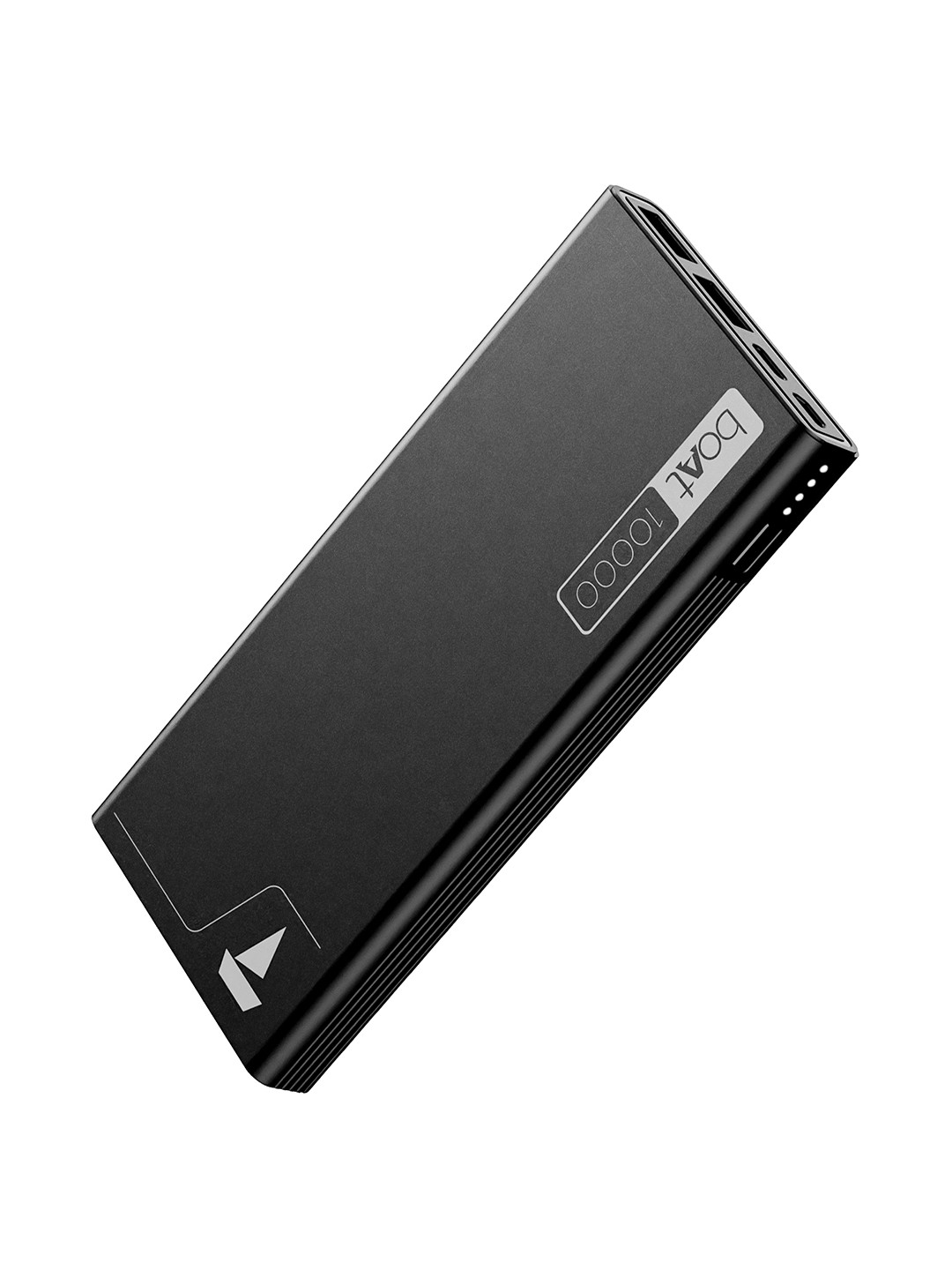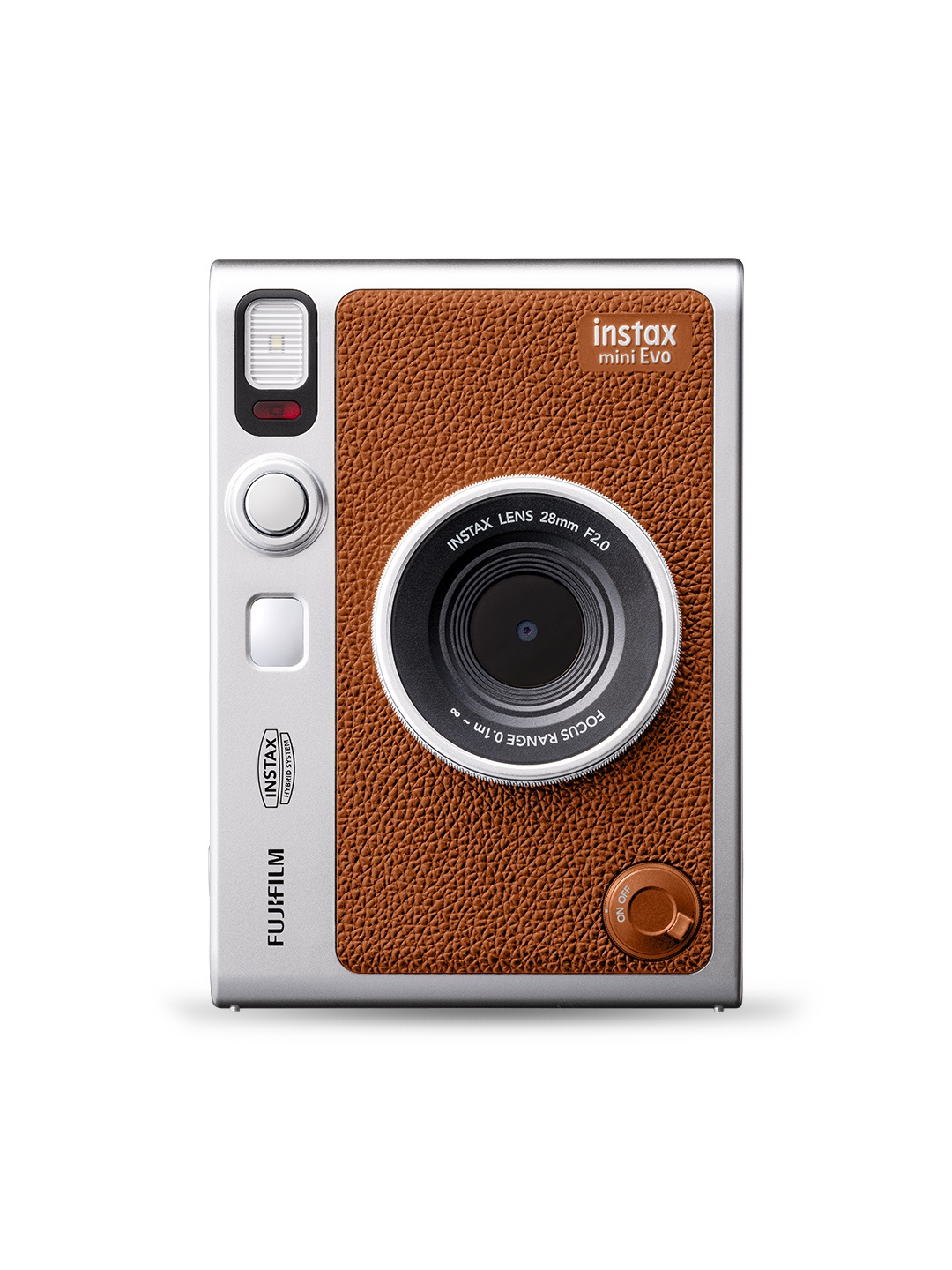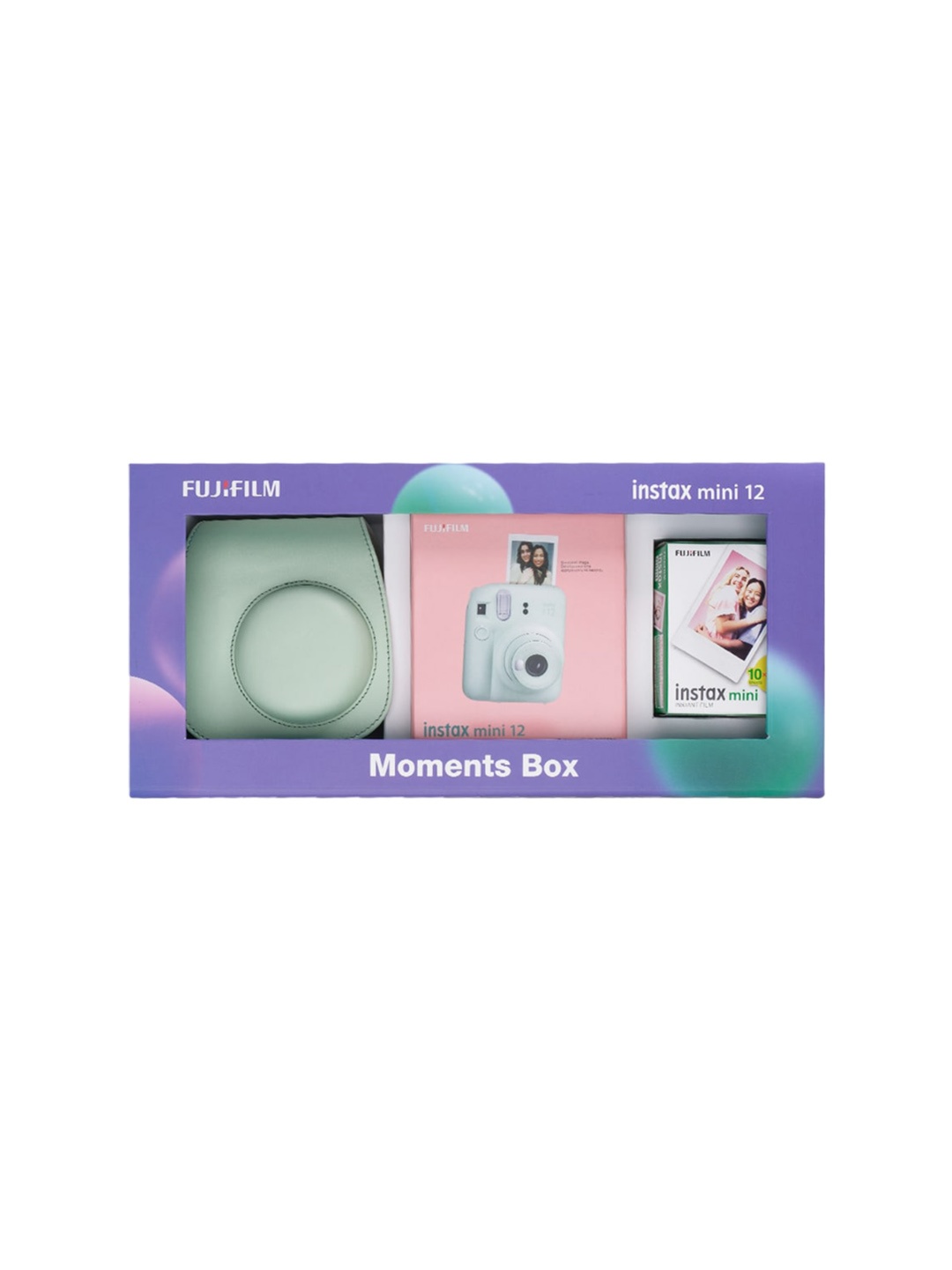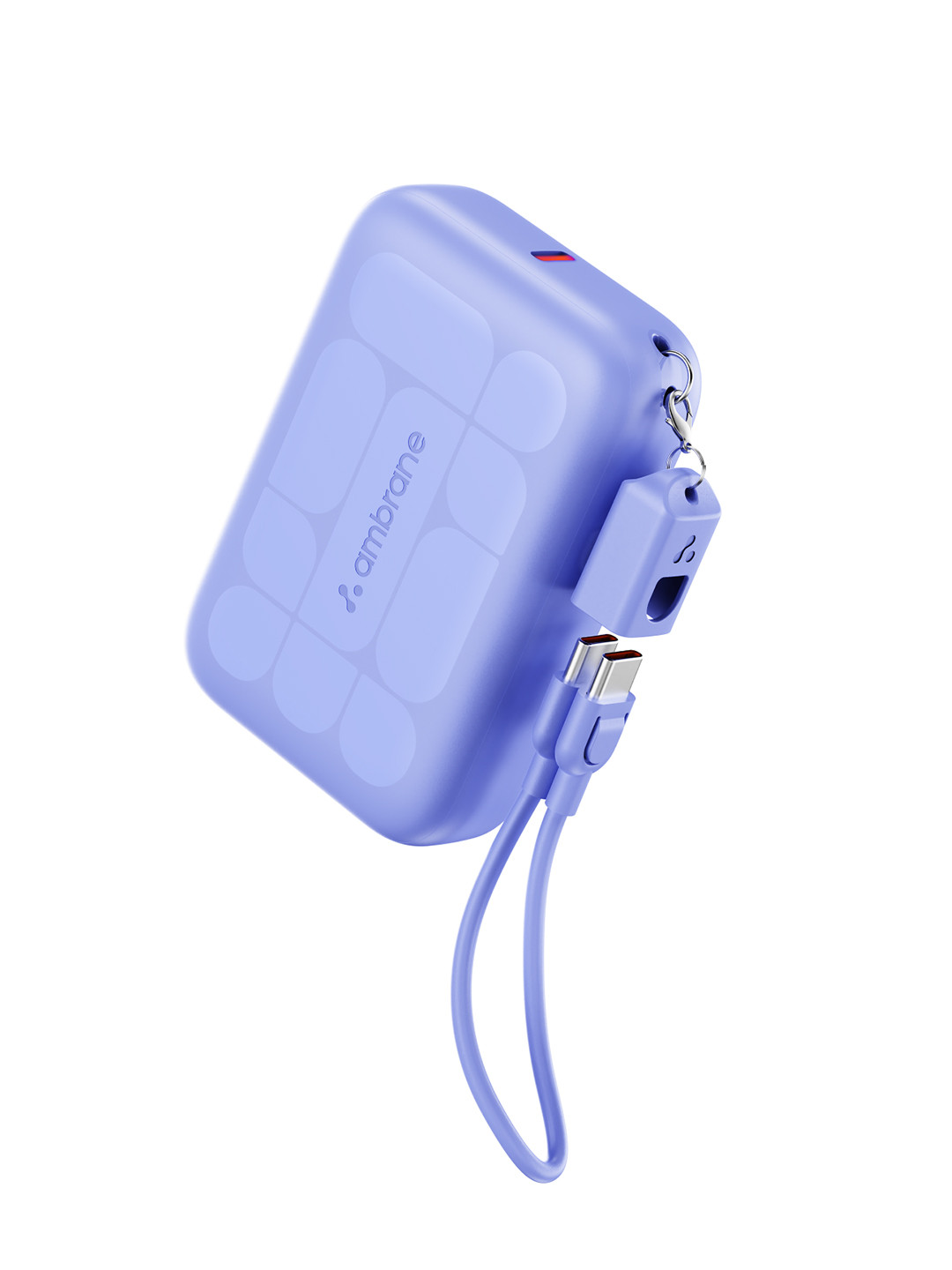Are Air Purifiers Actually Necessary? Here Is What We Know
As clean air is becoming as precious as gold, air purifiers are slowly earning a reputation as must-have gadgets for healthy living. But are they truly effective? Take a closer look at how they stack up and whether they are worth the investment.

Air Purifiers: Are They Really Necessary?
There's no denying it, clean air has never felt more important. Whether it's the constant reminders about pollution, or simply the haze of dust and allergens that seem to settle in every corner of our homes, the quest for breathable air is on. Enter air purifiers, a modern-day miracle touted to clear the air of harmful particles, allergens, and even pesky odours. From sleek, high-tech models with Wi-Fi capabilities to old-school filters that whisper promises of cleaner indoor environments, there's no shortage of choices. But the million-dollar question remains: are they really necessary?
We're not talking about the science behind air purifiers just yet, what we're interested in is whether they actually live up to their lofty claims in the real world. So, let's roll up our sleeves and dive into the nitty-gritty, from the pros and cons to the features you might not know about. If you've ever wondered whether this gadget is a game-changer or just another household trend, this article is for you.
1. The Air Quality Crisis: What's Really Going On Inside Your Home?
Most people are aware that outdoor pollution can cause a range of health problems. But did you know the air inside your home might be just as bad, if not worse? According to studies, indoor air can contain harmful pollutants like volatile organic compounds (VOCs), particulate matter, dust, pet dander, and even mould. This is due to poor ventilation, the materials used in furniture and flooring, and, of course, our own living habits.
Take a moment and think about the environment in your home, cooking fumes from the kitchen, dust accumulating in those hard-to-reach corners, and the faint smell of stale air that lingers after the windows have been shut for a while. If any of these sound familiar, it's possible that your indoor air quality is less than ideal.
This is where air purifiers come into play. These devices are designed to target pollutants that you can't see, offering a cleaner, healthier atmosphere by trapping and filtering out harmful particles. But is the solution as simple as buying a purifier? Let's take a deeper look.
2. How Do Air Purifiers Actually Work?
At the heart of every air purifier is a filter, often a HEPA (High-Efficiency Particulate Air) filter, which is capable of trapping particles as tiny as 0.3 microns. For comparison, the width of a human hair is around 70 microns! In theory, these filters can catch everything from pollen to pet dander, and even some bacteria and viruses. Many purifiers also include additional filtration layers, like activated carbon filters, which absorb odours and gases that standard HEPA filters can't handle.
But the true magic happens when the air is passed through these filters in a continuous loop. Air is drawn into the machine, where it's processed, filtered, and expelled as clean, breathable air. The number of air exchanges per hour (ACH) is a crucial factor, models with higher ACH ratings will clean the air faster, which is essential for larger rooms or spaces with high levels of contaminants.
Though the technology is straightforward, many people are surprised at just how effective these devices can be. Of course, there are various types of purifiers out there, but their general design and function remain remarkably similar. The trick lies in understanding the right one for your specific needs.
3. The Real Benefits: Do Air Purifiers Improve Health?
When it comes to air purifiers, the main selling point is health. So, what's the verdict? For individuals who suffer from allergies or asthma, the benefits of an air purifier can be life-changing. The reduction in airborne allergens like pollen, dust mites, and pet dander can lead to fewer flare-ups and symptoms, providing significant relief. In fact, a study by the American College of Allergy, Asthma, and Immunology found that air purifiers can significantly reduce allergic reactions and improve sleep quality.
But it's not just allergy sufferers who can benefit. People living in highly polluted areas, or even those in urban environments where pollution is a constant, may find air purifiers an effective defence against harmful pollutants that settle indoors. They can also help to reduce exposure to second-hand smoke, another key factor that can lead to respiratory issues.
While an air purifier might not be able to cure chronic lung conditions, it can definitely complement existing treatments by reducing the frequency and severity of symptoms.
4. But Are Air Purifiers Worth The Money?
Let's face it, air purifiers aren't exactly cheap. Depending on the brand and features, they can set you back anywhere from £50 to £1,000 or more. And while some of the premium models may boast smart features like Wi-Fi connectivity or an air quality sensor, the basic models will still do the job, though perhaps with a little less finesse.
So, are they worth it? If you live in an area with poor air quality, or if you have respiratory issues, then investing in an air purifier could be one of the best decisions you make. It's the kind of product that pays for itself by improving your health and well-being in the long run. However, if you're just after a quick fix for minor dust or odours, you might want to reconsider. It's also important to note that regular maintenance, like cleaning filters or replacing them every few months, is key to maintaining efficiency.
At the end of the day, the cost-benefit ratio depends largely on your personal circumstances and priorities. For some, it's a no-brainer. For others, it might not be the game-changer it's often made out to be.
5. Air Purifiers And Odour Removal: More Than Just Fresh Air?
It's easy to think of air purifiers as just tools to battle allergens, but they also play a role in odour removal. Whether it's the lingering smell of last night's dinner, or the stubborn pet odour that refuses to leave, air purifiers with activated carbon filters can be effective at eliminating unwanted smells.
The beauty of activated carbon lies in its ability to absorb and trap gases and vapours, which is why it's often used in purifiers designed specifically for odour removal. For households with pets or heavy smokers, this can be a game-changer. You'll notice a significant difference in the air quality, and a much fresher atmosphere overall.
However, keep in mind that air purifiers can't completely remove strong, persistent odours without regular maintenance. Odours may linger longer in larger spaces, so the size of your purifier and how often you change the filters will play a significant role.
Also Read: Debunking Myths About Air Purifiers: The Role Of Air Purifiers In Combating Allergies And Asthma
6. Are Air Purifiers Good For Pets?
If you share your home with a furry friend, you may be wondering if air purifiers can help manage pet-related messes. The answer is a resounding yes! Pets shed dander and hair, both of which can trigger allergic reactions and worsen asthma symptoms. An air purifier, particularly one with a HEPA filter, can significantly reduce the amount of airborne pet dander, improving air quality and reducing allergens in the home.
Air purifiers can also help with odours associated with pets, as mentioned earlier. For pet owners, an air purifier isn't just a luxury, it's a necessity to maintain a healthy and comfortable living environment. Plus, it keeps those sneezing fits at bay!
7. How To Choose The Right Air Purifier For Your Home
With so many air purifiers on the market, it can feel overwhelming to make a decision. The key is to consider the size of the area you want to purify, the type of pollutants you're targeting, and your budget. Smaller units may suffice for bedrooms or offices, but larger spaces, like living rooms or open-plan areas, require a more robust system.
Look for features such as a HEPA filter, activated carbon for odour removal, and a high ACH rating for better air circulation. Additionally, keep an eye out for added features like smart sensors that adjust the purifier's settings based on air quality, or quiet modes for noise-sensitive environments.
Ultimately, the best air purifier for you is one that fits your needs, lifestyle, and budget.
8. The Future Of Air Purifiers: Are They Here To Stay?
Given the growing concerns about air pollution and health, air purifiers are certainly not a passing fad. In fact, the technology continues to evolve, with innovations aimed at making purifiers even more efficient and user-friendly. From integration with home automation systems to eco-friendly models that consume less energy, the air purifier industry is likely to see significant growth in the coming years.
As people become more aware of the dangers of poor air quality, it's safe to say that air purifiers will remain a fixture in many homes for the foreseeable future. Whether or not you choose to join the ranks of those breathing easier will depend on your personal situation, but with health becoming a priority for more people, the benefits of cleaner air are becoming increasingly hard to ignore.
Explore Products Related To This Article
1. EUREKA FORBES AP 150 3-Stage HEPA & Surround 360° Air Technology Portable Room Air Purifier
2. Mi AC-M17-SC AP4 Lite Portable HEPA & Carbon Filter Room Air Purifier
3. PHILIPS AC0920/60 Portable Room Air Purifier
4. KENT Aura Portable Room Air Purifier
5. Honeywell Air Touch V1 3 Stage Filtration
6. AGARO Purewave Room Air Purifier
7. Blue Star AP420OAN Room Air Purifier
In conclusion, air purifiers are not just a passing trend, but a practical solution for many. From improving health to creating a fresher, more comfortable home, their benefits are undeniable, especially if you suffer from allergies, asthma or live in an area with high pollution. However, it's important to remember that they're not a cure-all. They're an investment in your health and well-being, and just like any gadget, they need to be maintained to work efficiently.
So, are air purifiers necessary? For some, they're a must-have. For others, they may not make a significant difference. Ultimately, the decision comes down to the kind of environment you want to create in your home. The cleaner the air, the clearer the mind, sometimes, that's all the reason you need to make the leap.
Disclaimer: The images used in this article are for illustration purpose only. They may not be an exact representation of the products, categories and brands listed in this article.




























